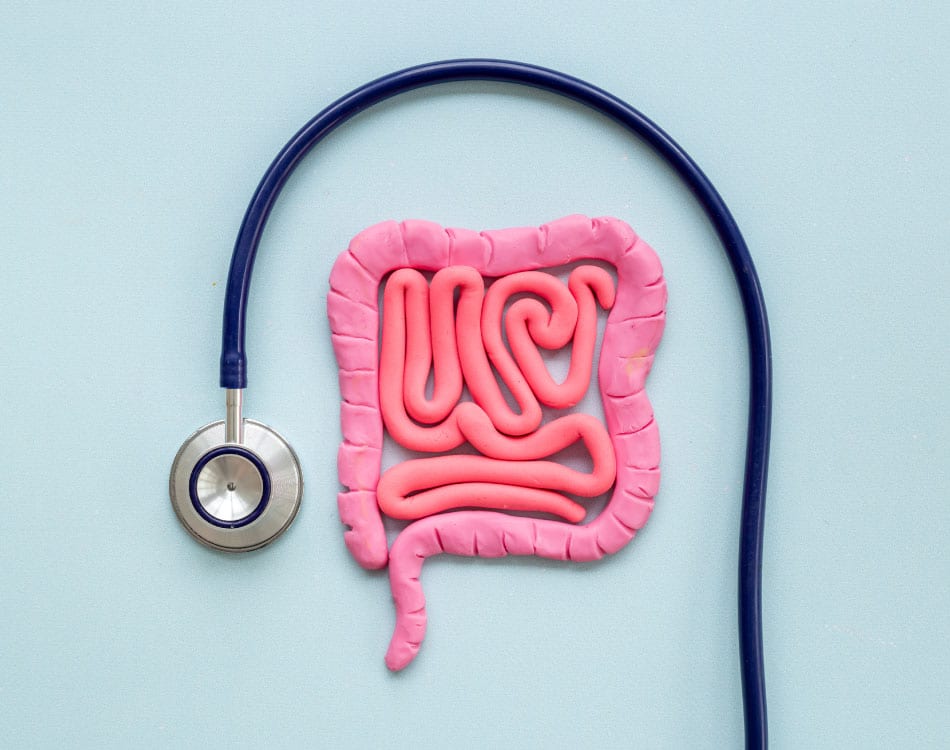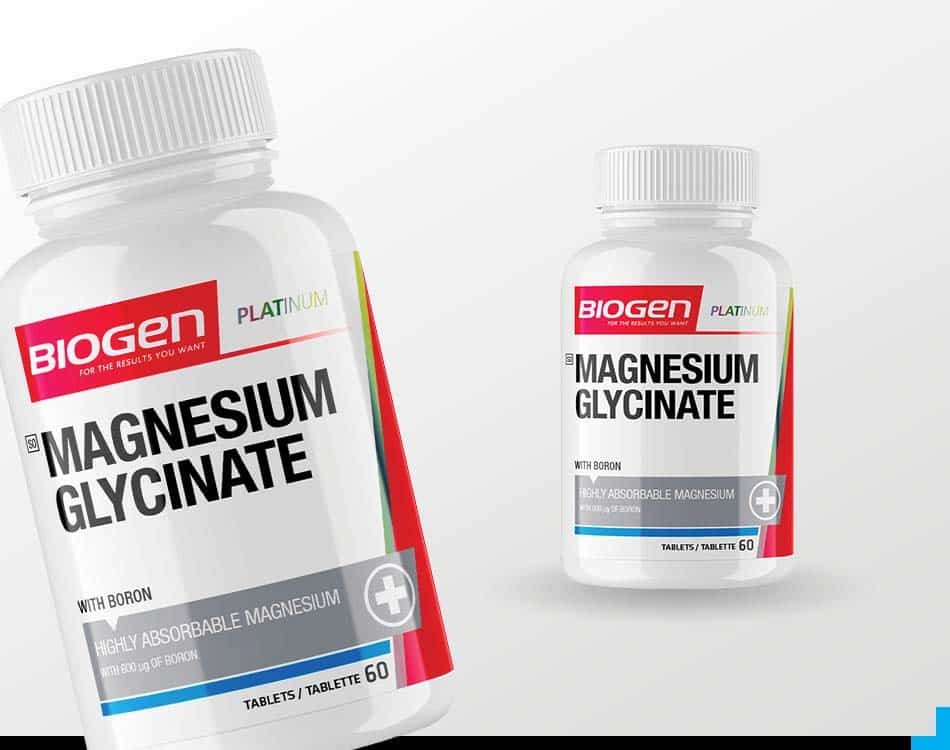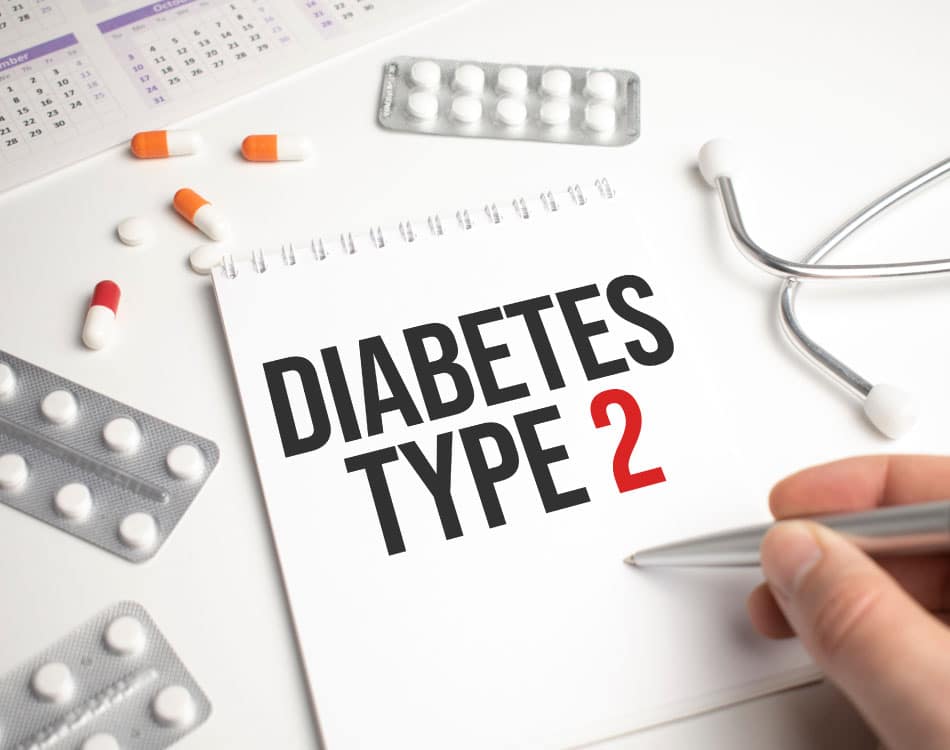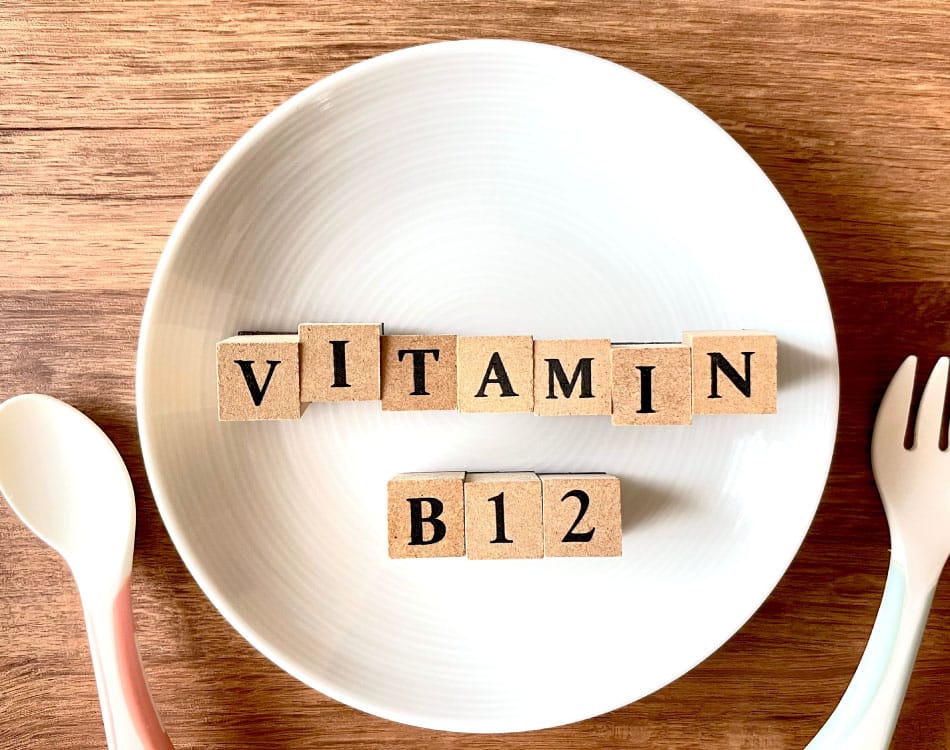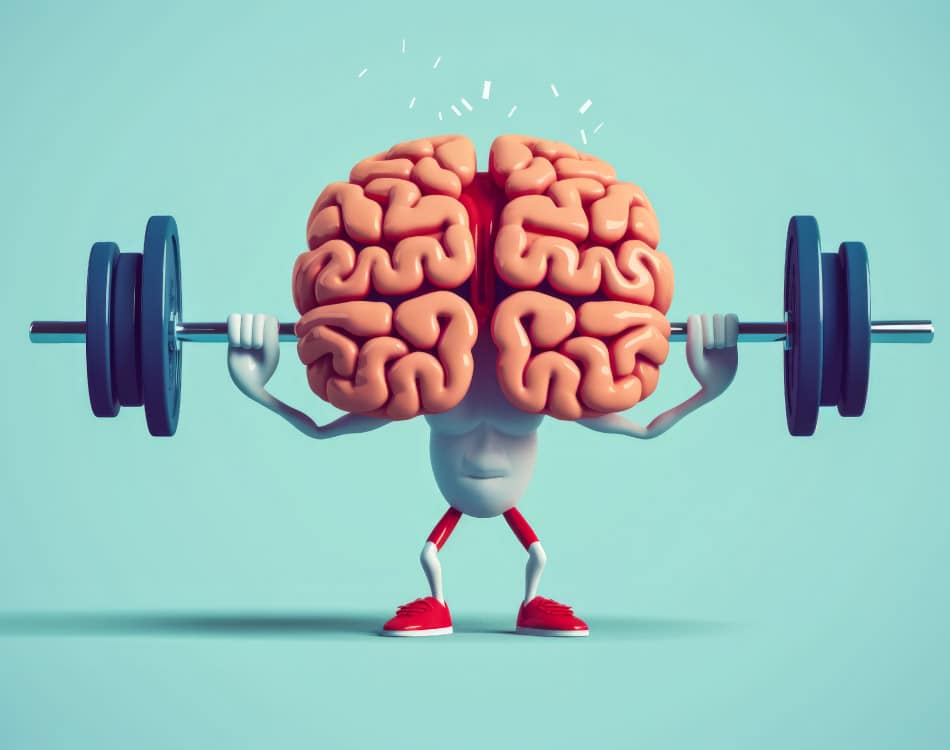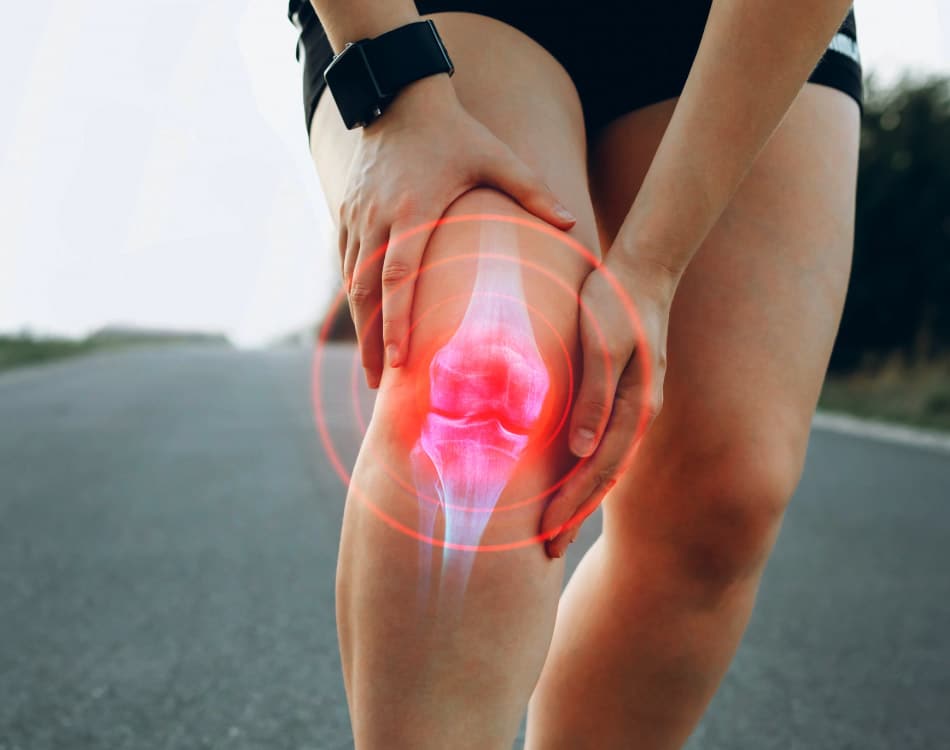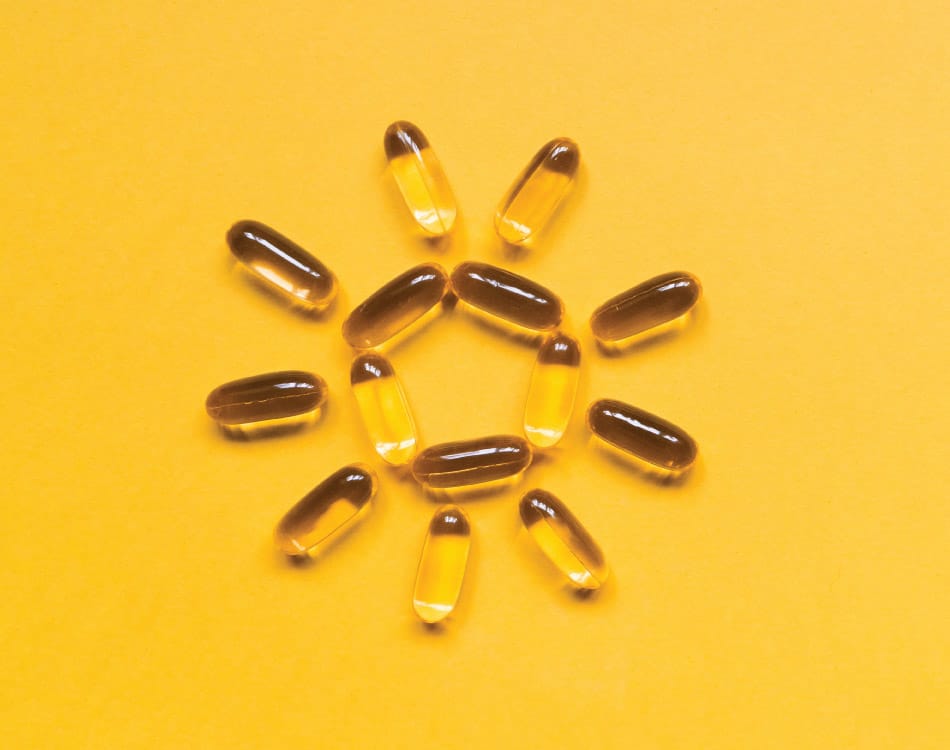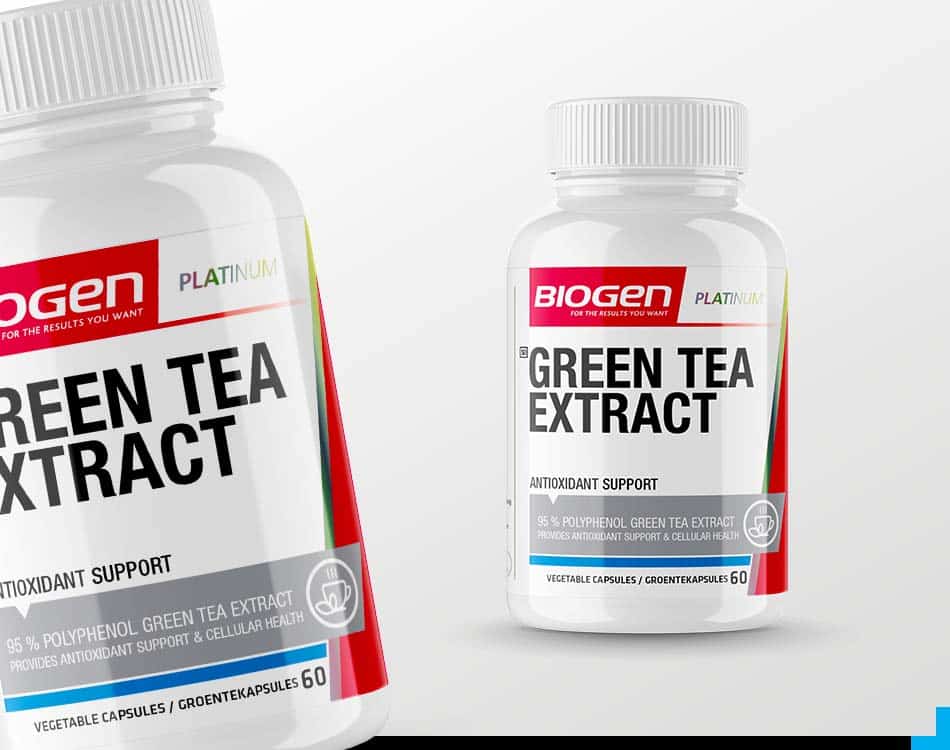Some people struggle with digestion issues that can compromise their ability to adequately break down and absorb the nutrients we get from our food and supplements, but digestive enzymes can help!
Your digestive system breaks down what we eat and drink into smaller components to extract nutrients with a combination of mechanical digestion – physically chewing and contractions in the gastrointestinal tract – and chemical processes that rely on enzymes.
READ MORE | Improve Digestion And Gut Absorption To Get The Most From Your Diet
Role of enzymes
Your body naturally produces digestive enzymes mainly in the pancreas, as well as the small intestines, stomach and even your mouth.
Different enzymes fulfil various roles in the body by helping to break down and digest specific macronutrients and other compounds.
For example, proteases like pepsin and proteinases like trypsin break down proteins into their smaller amino acids components.
When the body is working optimally and we eat a wholesome and balanced diet, we generally have sufficient enzymes to meet the demands associated with digesting 3-6 meals a day.
READ MORE | Innovation Is The Name Of The Game In The Supplement Sector
Digestive enzyme deficit
However, factors such as stress, food allergies, gut inflammation, low stomach acid, eating an unhealthy diet, alcohol and certain medications can affect enzyme production.
We also get fewer digestive enzymes from modern-day diets because heating food above 46.6°C denatures them, which renders most enzymes inactive.
And many of us don’t eat sufficient raw, living plant food to sufficiently replenish our digestive enzymes.
READ MORE | Restore Gut Health After Antibiotics
https://dischemlivingfit.co.za/health/restore-gut-health-after-antibiotics/
Enzyme deficiency
Without sufficient digestive enzymes, your body cannot break down food effectively. That means, even if eat a nutritious and balanced diet, you may not get all the nutrients your body needs due to a lack of adequate absorption.
A lack of sufficient digestive enzymes can also lead to discomfort in the form of bloating, gas and digestive distress such as cramps.
READ MORE | Supplement Smartly For The Best Benefits
Digestive support
In these instances, supplemental digestive enzymes may offer support.
Digestive enzyme tablets taken with meals help your body to digest the food you eat to and break it down into smaller molecules so your body can absorb the nutrients you need.
Digestive enzymes support healthy digestion by
- Optimising the breakdown of fats, carbohydrates, and protein
- Promoting optimal nutrient absorption
- Reducing gas, bloating, indigestion, and constipation following meals
- Helping your body process difficult-to-digest foods
- Supporting colon health
For example, products like Biogen Digestive Enzymes and NPL Digestive Enzymes have been formulated to assist in digesting proteins, fats, carbohydrates and fibre.
This effective supplements contain a blend of the major digestive enzymes, including:
- Amylase (breaks complex sugars into smaller molecules like maltose)
- Protease (breaks down proteins into smaller polypeptides or amino acids)
- Alpha-galactosidase (a digestive enzyme that breaks down carbohydrates in legumes and other veg)
- Lactase (produced by cells in the small intestine to break down the milk sugar called lactose)
- Phytase (an enzyme that specifically acts on phytate, breaking it down to release phosphorus)
- Maltase (digests maltose into glucose)
- Cellulase (a digestive enzyme that breaks down cellulose)
- Lipase (breaks down complex fats into smaller fatty acids and glycerol)
- Bromelain (a protein-digesting enzyme)
- Papain (a proteolytic enzyme that helps break down protein)
Using digestive enzymes effectively
However, supplemental digestive enzymes only work when there is something to digest. Enzymes act as catalysts for a reaction – in this case digesting specific foods.
Always take digestive enzyme supplements with meals, or as directed by the label or a healthcare professional when prescribed.


